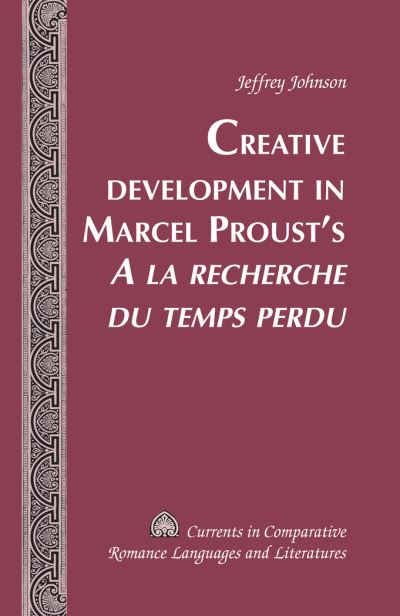
This book focuses on creative development and empowerment in Marcel Proust's A la recherche du temps perdu. It demonstrates Proust's proof of the Romantic notion that art originates in the self of the artist. Approached as a Bildungsroman, the psychological aspects of this development in Marcel, the principal character, are considered in terms of the stimulus/response mechanism in living organisms. It verifies Proust's argument that time in the body, including all that one experiences unconsciously, is present within us whether it is accessible to memory or not.
Through involuntary memories and inspiration at the end of the novel, Marcel finds the means to write the book he has long wished to write. Inspiration provides a link between Marcel, the novel's protagonist, and Proust, its author. This volume balances its analysis of Marcel's creative development and empowerment through inspiration with Proust's experiences in May 1909, when he realized that the concept of the fourth dimension would serve as the unifying thread for his novel. Modernity is viewed as a crucial influence in the transformation of society that Proust's novel chronicles. This study posits an allegorical reading of the novel in the relationship of the birth of the modern citizen to the making of an artist in an era of doubt.
| ISBN: | 9781433117473 |
| Publication date: | 4th April 2012 |
| Author: | Jeffrey Johnson |
| Publisher: | Peter Lang an imprint of Peter Lang Inc., International Academic Publishers |
| Format: | Hardback |
| Pagination: | 230 pages |
| Series: | Currents in Comparative Romance Languages and Literatures |
| Genres: |
Literary studies: c 1900 to c 2000 Philosophy: aesthetics Cognition and cognitive psychology |